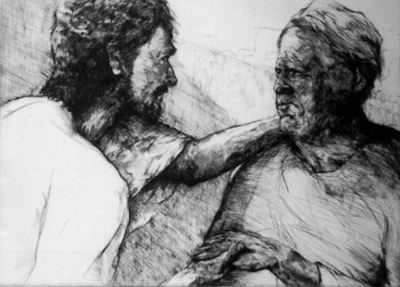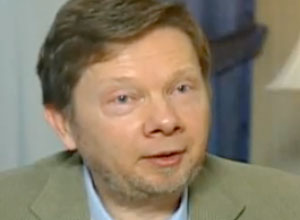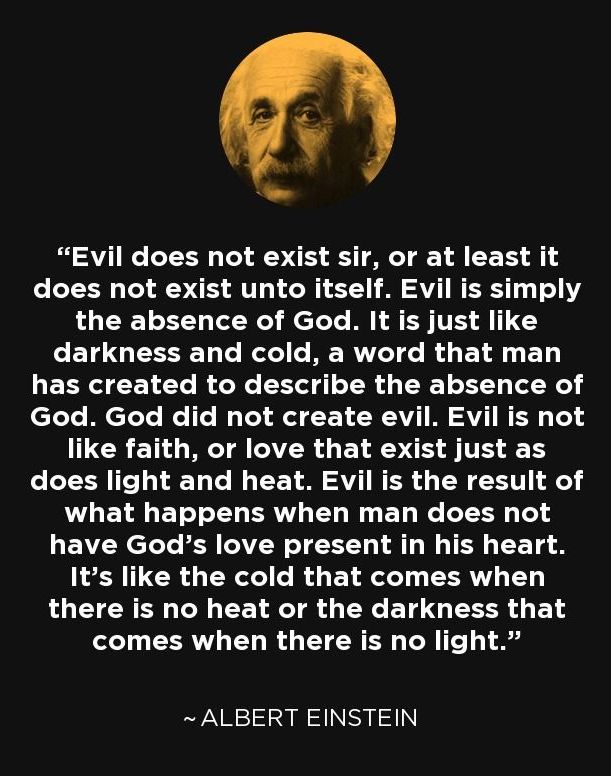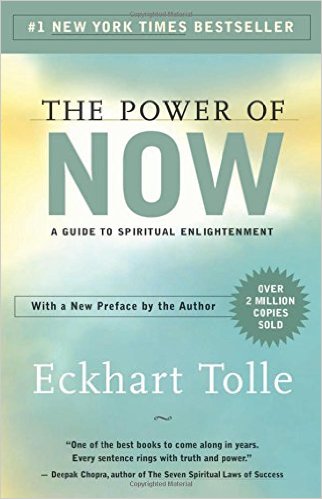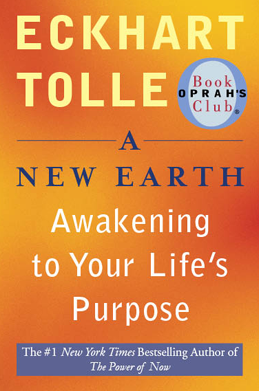|
home | what's new | other sites | contact | about |
|||||||
|
Word Gems exploring self-realization, sacred personhood, and full humanity
Good
"What I don’t understand about myself is that I decide one way, but then I act another... I decide to do good, but I don’t really do it; I decide not to do bad, but then I do it anyway... Something has gone wrong deep within me and gets the better of me every time." Apostle Paul, Romans, (MSG)
Mortimer Adler's Syntopicon Essay: Good and Evil Editor's 1-Minute Essay: Good and Evil
Boethius: “The good is the end toward which all things tend.” Bertolt Brecht: “No one can be good for long if goodness is not in demand.” Aldous Huxley: “Good is a product of the ethical and spiritual artistry of individuals; it cannot be mass-produced.”
Henry David Thoreau: “Goodness is the only investment which never fails.” Oscar Wilde: “To be good, according to the vulgar standard of goodness, is obviously quite easy. It merely requires a certain amount of sordid terror, a certain lack of imaginative thought, and a certain low passion for middle-class respectability.” Shakespeare: “How far that little candle throws its beams! So shines a good dead in a naughty world.”
Tony Calderone: “True goodness is the innocence of a virgin heart and mind.” Thomas Carlyle: “The work an unknown good man has done is like a vein of water flowing hidden underground, secretly making the ground green.” Pablo Casals: “Each person has inside a basic decency and goodness. If he listens to it and acts on it, he is giving a great deal of what it is the world needs most.” Marc Chagall: “We all know that a good person can be a bad artist. But no one will ever be a genuine artist unless he is a great human being and thus also a good one.” Tennessee Williams: “Then what is good? The obsessive interest in human affairs, plus a certain amount of compassion and moral conviction, that first made the experience of living something that must be translated into pigment or music or bodily movement or poetry or prose or anything that's dynamic and expressive - that's what's good for you if you're at all serious in your aims.” Maharishi Mahesh Yogi: “If we are able to meet these two requirements - regularity in meditation and leading a good life in society, day-to-day a good life - then nothing would be unattainable by us.” Xun Zi: “When you locate good in yourself, approve of it with determination. When you locate evil in yourself, despise it as something detestable.” Percy Bysshe Shelley: “A man, to be greatly good, must imagine intensely and comprehensively; he must put himself in the place of another and of many others; the pains and pleasures of his species must become his own.” Anne Frank: “How wonderful it is that nobody need wait a single moment before starting to improve the world.” Arthur Freed: “Don't try to be different. Just be good. To be good is different enough.” Ernest Renan: “To conceive the good, in fact, is not sufficient; it must be made to succeed among men. To accomplish this less pure paths must be followed.” Mary McCarthy: “The Crucifixion and other historical precedents notwithstanding, many of us still believe that outstanding goodness is a kind of armor, that virtue, seen plain and bare, gives pause to criminality. But perhaps it is the other way around.” There are three ingredients to the good life; learning, earning, and yearning. (Christopher Morley) Friedrich Nietzsche: “What is good? All that heightens the feeling of power, the will to power, power itself in man.” George Orwell: “Many people genuinely do not want to be saints, and it is probable that some who achieve or aspire to sainthood have never felt much temptation to be human beings.” Naum Gabo: “The image my work invokes is the image of good – not evil; the image of order – not chaos; the image of life – not death. And that is all the content of my constructions amounts to.” Mahatma Gandhi: “The good man is the friend of all living things.” Schiller: “Nothing leads to good that is not natural.” Marcus Aurelius: “Live not as though there were a thousand years ahead of you. Fate is at your elbow; make yourself good while life and power are still yours.” Elias Canetti: “As if one could know the good a person is capable of, when one doesn't know the bad he might do.” Ralph Waldo Emerson: “It is very hard to be simple enough to be good.” Simone Weil: “At the bottom of the heart of every human being, from earliest infancy until the tomb, there is something that goes on indomitably expecting, in the teeth of all experience of crimes committed, suffered, and witnessed, that good and not evil will be done.” H. G. Wells: “One of the darkest evils of our world is surely the unteachable wildness of the Good.” Oscar Wilde: “If you pretend to be good, the world takes you very seriously. If you pretend to be bad, it doesn't. Such is the astounding stupidity of optimism.” Abigail Adams: “To be good, and do good, is the whole duty of man comprised in a few words.” Hegel: “Mere goodness can achieve little against the power of nature.” Thomas Carlyle: “Nothing that was worthy in the past departs; no truth or goodness realized by man ever dies, or can die.” Euripides: “In goodness there are all kinds of wisdom.” Marcus Aurelius: “Look within. Within is the fountain of good, and it will ever bubble up, if thou wilt ever dig.” Meher Baba: “When a person tells others 'Be good,' he conveys to his hearers the feeling that he is good and they are not.” The Bhagavad Gita: “No one who does good work will ever come to a bad end, either here or in the world to come.” Benjamin Disraeli: “The greatest good you can do for another is not just to share your riches but to reveal to him his own.” Bert Hellinger: “The criterion for what is good is based on whether it relieves someone, brings joy, or soothes a distress.” Dalai Lama: “Basically we are all the same human beings with the same potential to be a good human being or a bad human being.” Albert Schweitzer: “Anyone who proposes to do good must not expect people to roll stones out of his way, but must accept his lot calmly if they even roll a few more upon it.” Voltaire: “Every man is guilty of all the good he did not do.” Tennessee Williams: “There are no 'good' or 'bad' people. Some are a little better or a little worse, but all are activated more by misunderstanding than malice. A blindness to what is going on in each other's hearts.”
|
|||||||
|
|
